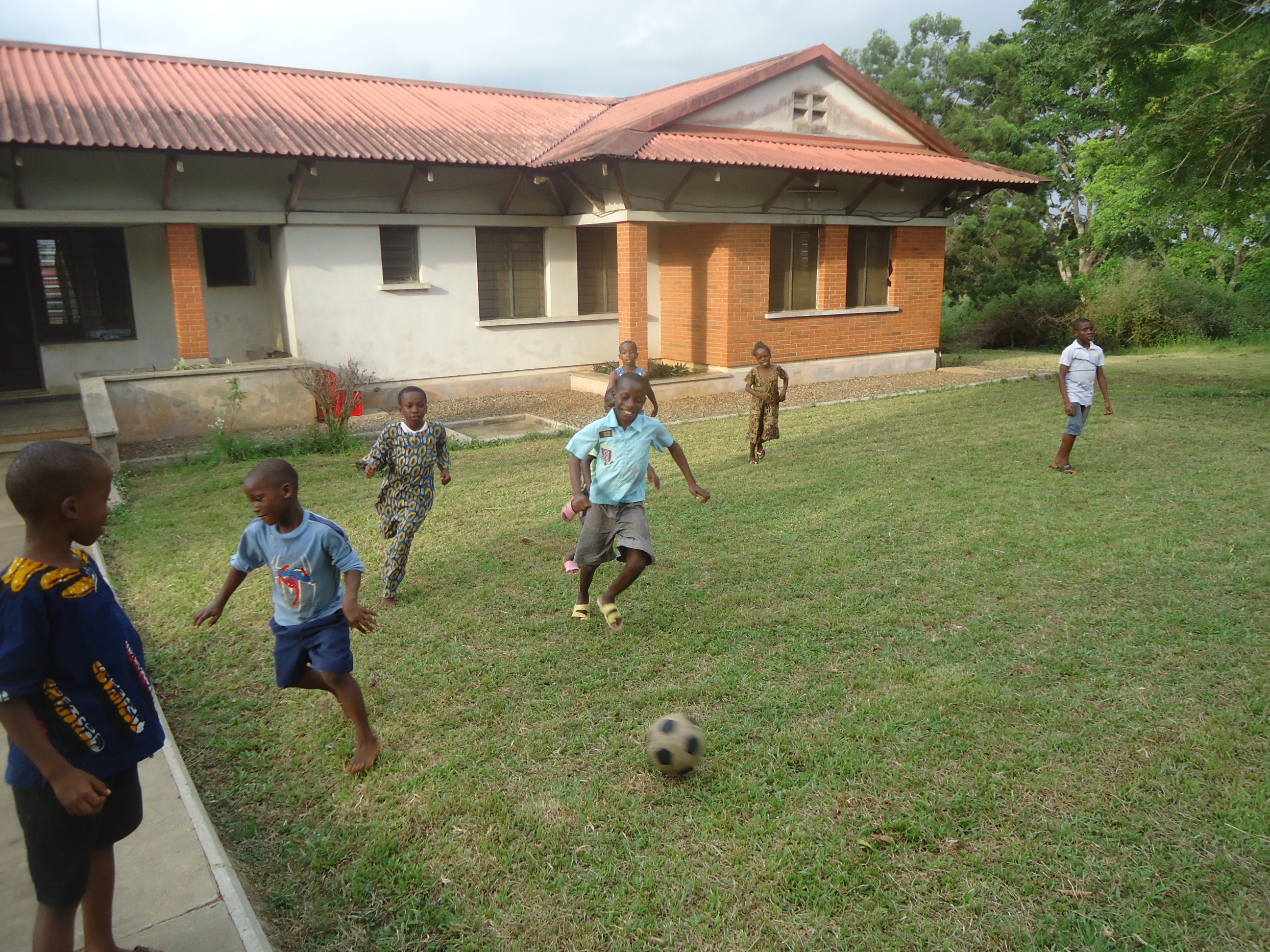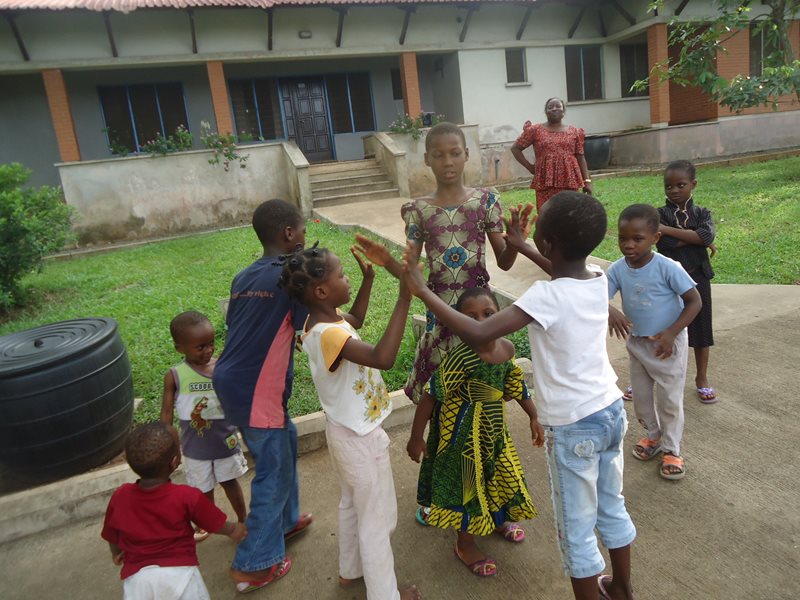Lack of infrastructure in rural areas affects health and well-being
.jpg?width=800)
Owu-Ijebu is located in south-western Nigeria in Ogun State, which has a population of over four million. The region is predominantly rural and its economy is based on mining and agriculture, including the cultivation of maize, cassava, cocoyam, vegetables and plantain.
Although the pace of life here is much slower and less competitive than in Nigeria’s big metropolises, unemployment and poverty levels continue to affect the rural population.
Thousands migrate to the cities each year in search of employment and a better life. Those who stay behind eke out a living as small-scale subsistence farmers. Infrastructure such as health care and educational facilities is often lacking in rural areas.
In Ogun State, only 66 per cent of households have access to a source of safe drinking water, and just 13 per cent have an improved toilet that they do not have to share with others. A big problem, which clearly indicates the urgent need for widely available and affordable health care, is the fact that 42 per cent of children under the age of five show signs of stunting, meaning they are too short for their age. This is a consequence of untreated malnutrition. In addition, only around 23 per cent of children between the ages of twelve and 23 months have received all basic vaccinations such as measles and polio.
The role of young women in today’s Nigeria is changing
Recent government programmes have focused on empowering the people of Ogun State as concerns food security, housing, health, education, employment, and general well-being. Although some progress has been made, countless families are still in dire need of support.
What we do in Owu-Ijebu

SOS Children's Villages began working in Owu-Ijebu in 1996.
Strengthen families: Today, the SOS Social Centre here provides a family strengthening programme to members of the local community in need of support. The programme ensures that children have access to essential educational, nutritional and health services. It provides assistance to families affected by HIV/AIDS, for example through payment of outstanding rent or the children’s school fees, and donation of clothing and food. The social centre also offers counselling services and medical care in cooperation with local organisations.
Care in families: For children from the region who are no longer able to live with their parents, twelve SOS families can provide a loving home for up to 120 children. In each family, they live with their brothers and sisters and are affectionately cared for by their SOS mother.
Education: The children attend the SOS Kindergarten together with local children from the community. They then go on to complete their primary education at the SOS Hermann Gmeiner School. Around 210 pupils from the children’s village and the neighbourhood attend the school. This way, children who grow up in an SOS family are integrated into the local community from a young age.
Support for young people: When young people from the children’s village are ready to move out of the family home in order to pursue further education or vocational training, the SOS Youth Programme provides shared accommodation. With the support of qualified counsellors, the young adults learn to take responsibility, plan their future and prepare for independent life.